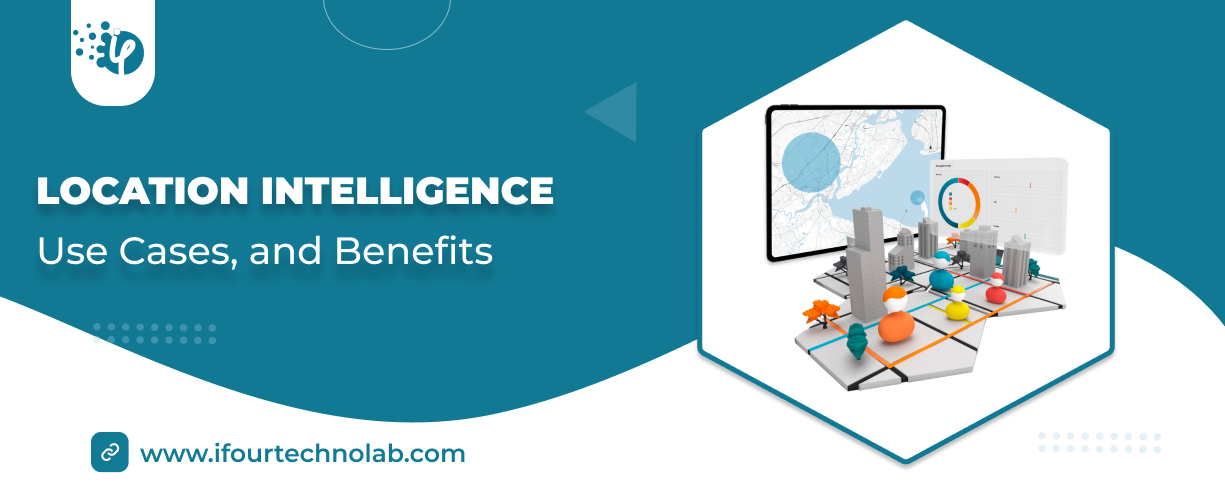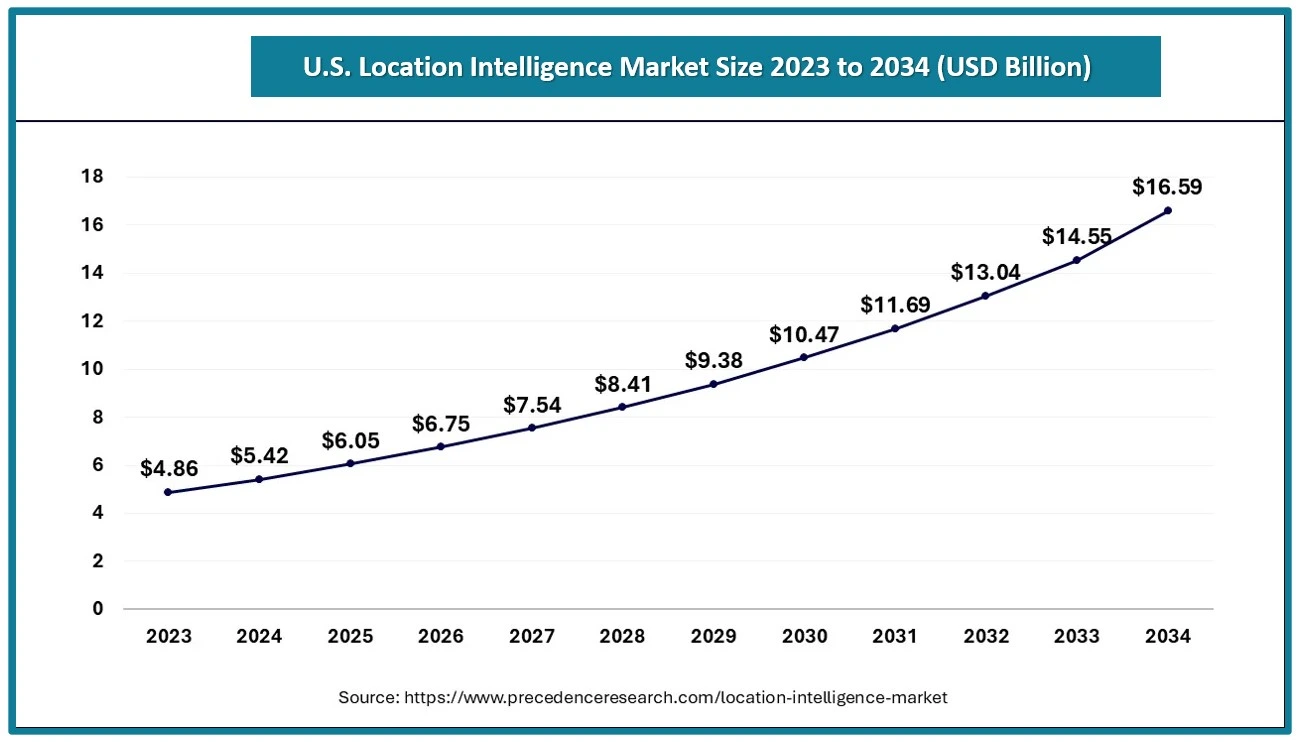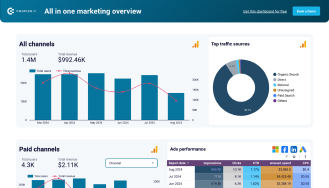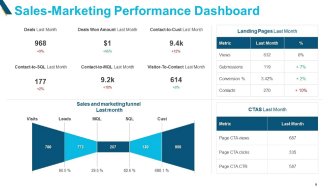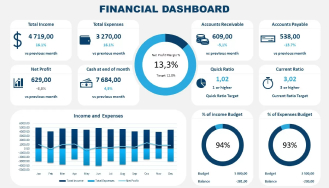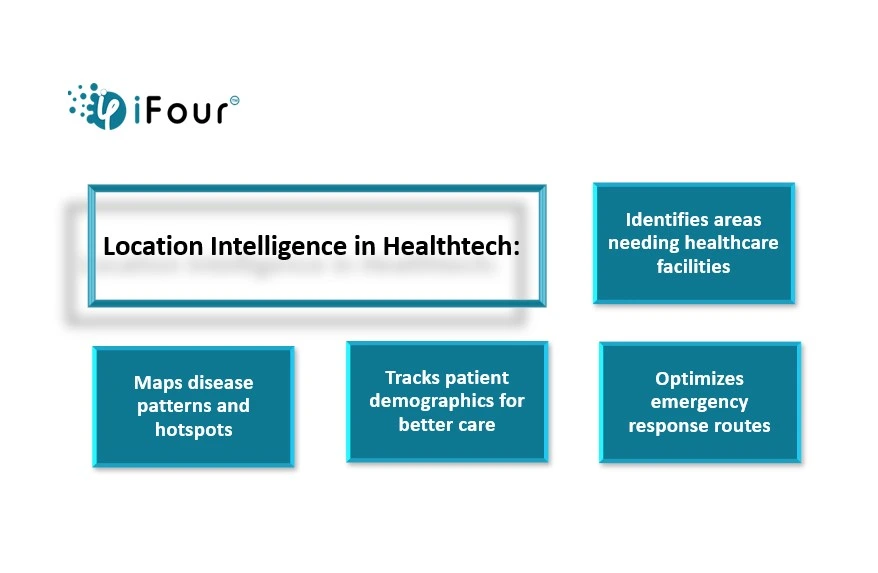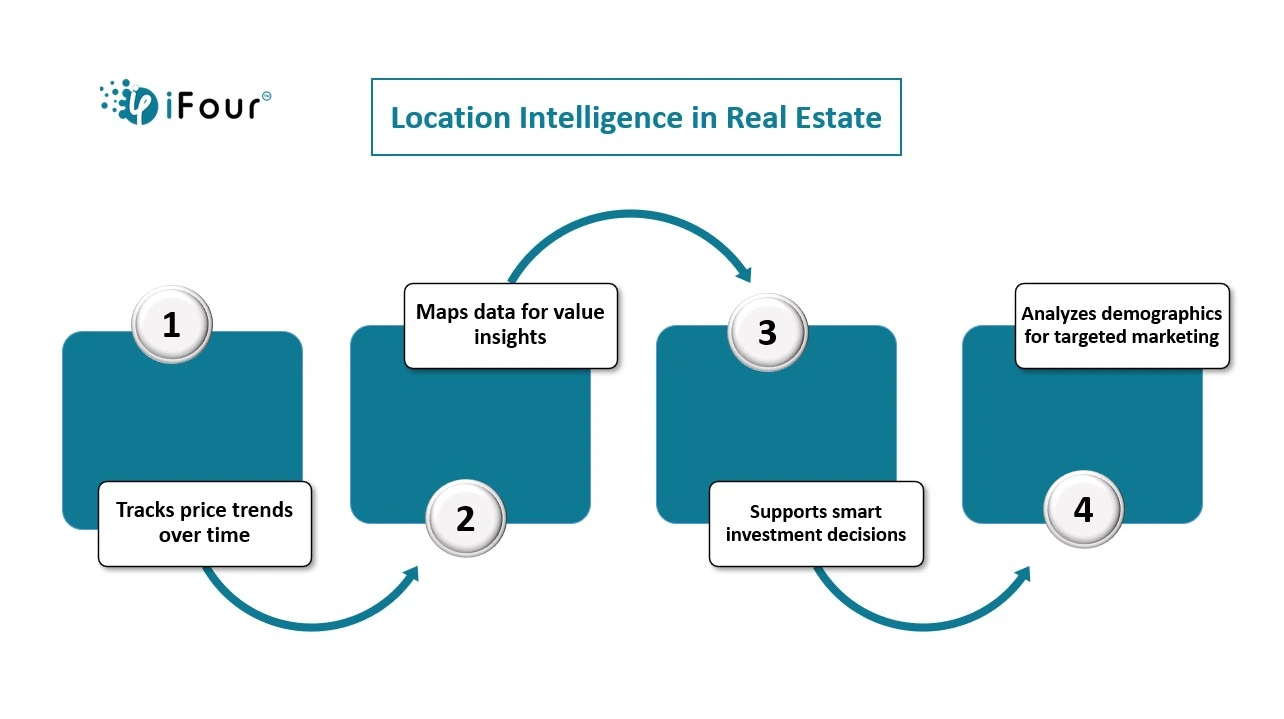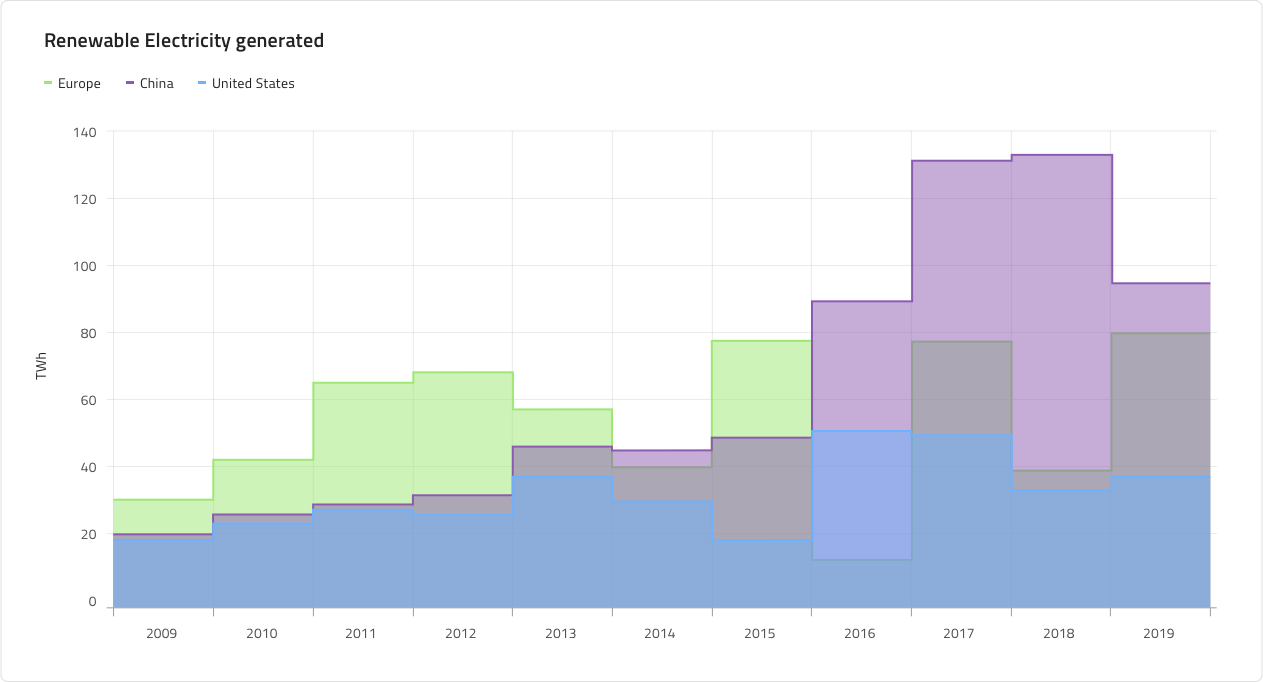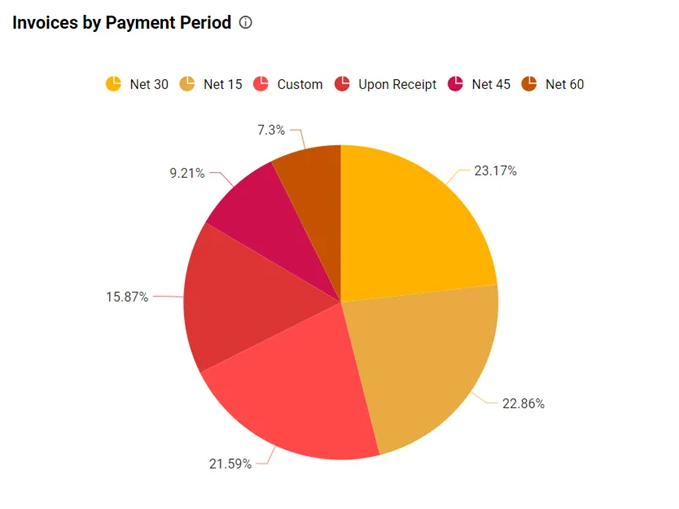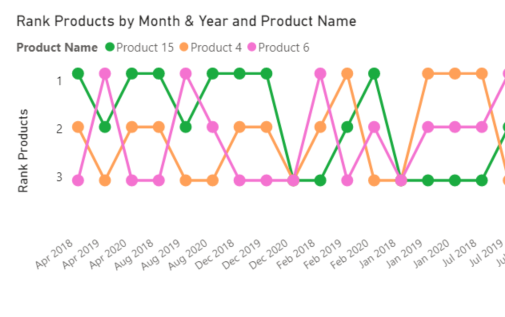Location Intelligence Use Cases
Now that you know the benefits of location intelligence and how it can help you in analyzing data for smart decisions. Let’s now take a look at the use cases of Location Intelligence for various industries.
1. Location Intelligence in Healthcare
Geospatial data services in Healthcare help improve patient care and resource distribution. By geospatial analysis and spatial data analytics, healthcare providers can gain critical insights into geographic data, which helps them identify areas with elevated patient needs. It also helps in identifying problems and possibilities of spatial data in EHR (Electronic Health Records).
Geospatial Data Analysis in Healthcare:
- Enables strategic resource allocation for hospitals.
- Helps determine optimal locations for new clinics or mobile health units.
- Tailors services to meet specific population needs by examining demographic information.
2. Location Intelligence in Legal
Location Intelligence in Legal is used to enhance public safety and support law enforcement efforts. By analyzing geographic data, law enforcement agencies can identify crime hotspots and patterns, helping them allocate resources more effectively. This information can guide patrol routes and improve response times to incidents.
How Location Intelligence Can Improve the Legal Sector?
Location intelligence can significantly enhance various aspects of legal practice. Here are some key ways:
A. Investigative Support:
- Geolocation of evidence: Pinpoint the origin and movement of digital evidence.
- Witness identification: Locate and identify potential witnesses based on their location.
- Crime scene analysis: Analyze spatial patterns to identify crime trends and hotspots.
B. Real Estate Law:
- Property valuation: Assess property values based on location and market trends.
- Zoning and land use analysis: Understand zoning regulations and land use patterns.
- Property boundary disputes: Utilize geographic information systems (GIS) to analyze property boundaries and ownership.
3. Location Intelligence in Finance Industry
Location Intelligence in Finance helps assess market risks and identify investment opportunities. By analyzing geographic data, financial institutions can evaluate factors like regional economic trends, real estate values, and demographic changes. This information allows them to make informed decisions about where to invest or lend money.
Here is how Spatial data analysis can improve Fintech operations:
A. Location-Based Financial Services
- Targeted Marketing: Identify potential customers based on geographic location and preferences.
- Personalized Offers: Tailor financial products and services to specific regions.
- Risk Assessment: Assess credit risk by analyzing location-based factors like property values and economic indicators.
B. Fraud Detection and Prevention
- Identify anomalous behaviour: Detect fraudulent transactions by analyzing geographical patterns and user behaviour.
- Real-time fraud alerts: Monitor transactions in real time to identify suspicious activity.
C. Real Estate Finance
- Property Valuation: Assess property values based on location and market trends.
- Risk Assessment: Evaluate mortgage risk by analyzing property location and neighbourhood demographics.
D. Insurance
- Risk Assessment: Assess insurance risk based on location-specific factors like natural disasters and crime rates.
- Fraud Detection: Identify fraudulent claims by analyzing geographical patterns of claims.
E. Supply Chain Optimization
- Optimize logistics: Analyze geographical data to optimize delivery routes and reduce costs.
- Track shipments: Monitor the real-time location of shipments to ensure timely delivery.
4. Location Intelligence in Retail
Location Intelligence in Retail focuses on optimizing store locations and managing inventory effectively. Retailers can determine the best sites for new stores based on factors like customer demographics and competition. This ensures that they reach their target audience efficiently.
It also helps retailers manage inventory by identifying which products are in demand in specific areas, allowing them to stock items accordingly. This approach reduces costs, improves customer satisfaction, and increases sales by ensuring the right products are available in the right locations.
5. Location Intelligence Use Case in Government and Public Sector
By analyzing geographic data, they can identify areas with the greatest needs for healthcare, education, and transportation. This enables better resource allocation and planning for infrastructure projects.
For instance, understanding population density helps in designing public transportation routes and emergency services, ensuring efficient service delivery.
6. Location Intelligence Use Cases in Telecommunications
When it comes to telecommunications, location intelligence benefits are huge. Telecommunications companies employ spatial analysis for planning network infrastructure and service coverage.
By analyzing geographic data, they can identify areas with high demand for connectivity and determine the best locations for cell towers and other infrastructure.
This helps ensure that services are available where they are most needed, improving customer satisfaction.
Additionally, understanding geographic patterns in usage can assist in optimizing network performance and planning for future expansions.
7. Location Intelligence Use Cases in Logistics and Transportation
It helps you enhance route planning and fleet management. By geographic data, they can determine the most efficient routes for deliveries, reducing travel time and costs. This also helps in optimizing fleet utilization, allowing companies to manage their vehicles more effectively.
Real-time location tracking enables better monitoring of shipments, leading to improved customer satisfaction through timely deliveries.
By understanding traffic patterns and road conditions, logistics providers can proactively address potential delays and enhance overall operational efficiency.
8. Use case of location intelligence in Real Estate
Real Estate professionals use Location Intelligence to analyze market trends and property valuations effectively. This analysis helps agents and investors determine property values based on various factors, such as proximity to amenities, schools, and transportation options.
Uses of Location Intelligence in Real Estate
- Tracks historical price changes and trends.
- Visualizes data on maps for value appreciation assessment.
- Aids in informed investment decisions.
Understanding demographic information and buyer preferences also allows for targeted marketing strategies, increasing the chances of successful sales.
9. Location Intelligence Manufacturing Sector – Use cases
Manufacturing companies utilize Location Intelligence to streamline production processes and supply chains. By analyzing geographic data, they can optimize the location of facilities, warehouses, and distribution centres to reduce transportation costs and improve efficiency.
Location Intelligence uses - Supply Chain Management
- Understanding regional factors for strategic operations.
- Real-time monitoring of supply chain logistics.
- Quick response to disruptions.
- Maintaining smooth production flows.
So, these are the real-world use cases of Spatial analytics in diverse industries. Applying location intelligence offers you similar benefits that you get using Tableau, MS Fabric or Power BI.










